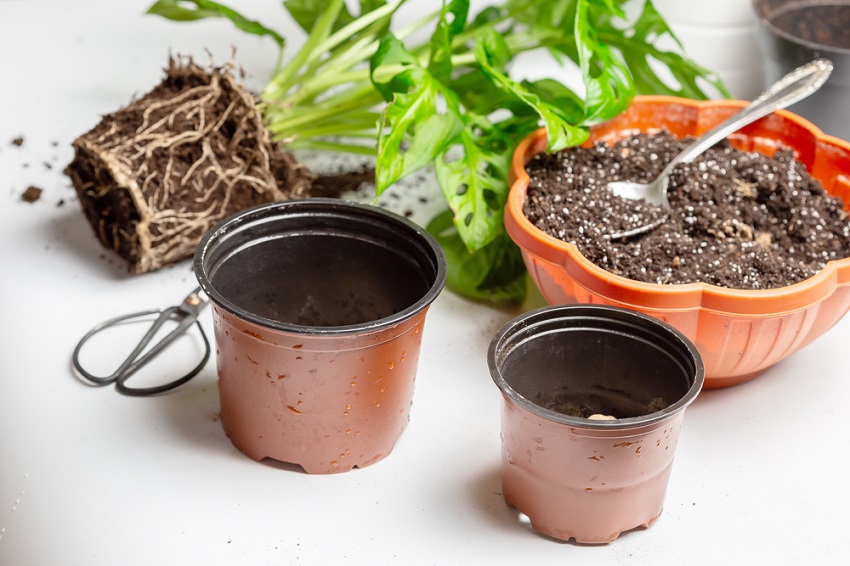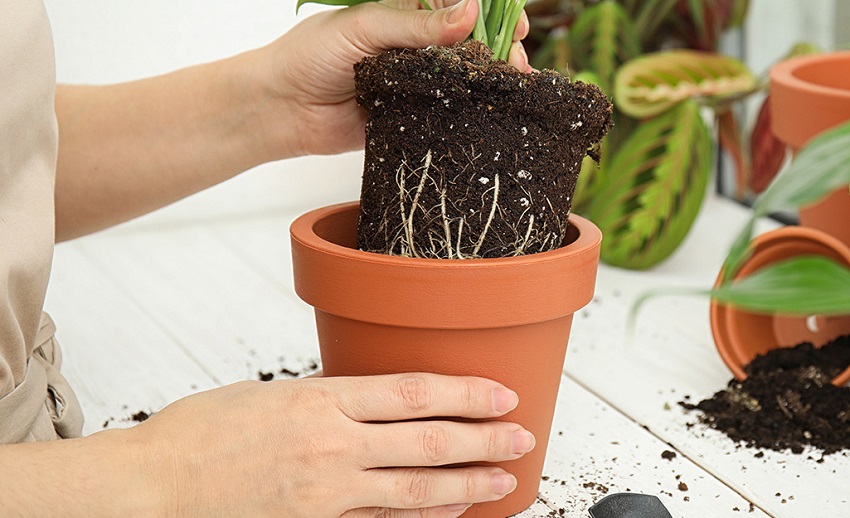When it comes to growing and caring for Monstera plants, one important factor that can significantly impact their health and growth is the type of soil used. Choosing the right soil mix for your Monstera is crucial to ensure optimal conditions for its root development, nutrient absorption, and overall well-being. In this article, we will explore the best soil options for Monstera plants, taking into consideration various factors such as drainage, moisture retention, and nutrient availability.
The Importance of Quality Soil for Monstera Plants
Monstera plants, scientifically known as Monstera deliciosa, are popular houseplants appreciated for their large, glossy leaves and distinctive tropical appearance. To thrive and flourish, Monstera plants require a well-balanced soil environment that promotes healthy root growth and provides essential nutrients. Additionally, it is important to note that plants should not be exposed to monstera direct sunlight for extended periods of time, as this can damage their leaves and hinder their growth.
1. Good Drainage for Healthy Roots
Proper drainage is crucial for Monstera plants as they prefer a moist but not waterlogged soil. Excessive moisture retention can lead to root rot and other fungal diseases, which can ultimately harm the plant’s overall health. Therefore, using a well-draining soil mix is highly recommended.
2. Moisture Retention for Adequate Hydration
While good drainage is important, it’s equally crucial to choose a soil mix that retains some moisture. Monstera plants prefer a moderately moist environment and can suffer if the soil dries out completely. A soil mix that strikes a balance between drainage and moisture retention is ideal for promoting healthy growth and preventing water-related issues.
3. Nutrient Availability for Optimal Growth
Monstera plants are heavy feeders and require an adequate supply of nutrients to support their lush foliage and robust growth. The soil mix should be rich in organic matter and have good nutrient-holding capacity. This ensures that the plant receives a steady supply of essential minerals and trace elements for sustained vitality.
Best Soil Options for Monstera Plants
Now that we understand the importance of soil quality for Monstera plants, let’s explore some of the best soil options that meet the necessary criteria for their healthy growth.
1. Peat-Based Potting Mix
Peat-based potting mixes are widely used for Monstera plants due to their excellent moisture retention and drainage properties. These mixes are typically made from a combination of peat moss, perlite, and other organic additives. Peat moss provides good moisture retention, while perlite improves drainage. This combination creates an ideal environment for the Monstera’s root system.
2. Coco Coir Mix
Coco coir, derived from coconut husks, is an increasingly popular alternative to traditional peat-based mixes. It offers excellent moisture retention and drainage capabilities, similar to peat moss. Coco coir is a sustainable option and promotes environmentally friendly gardening practices. When using coco coir, ensure it is well-balanced with perlite or vermiculite to enhance drainage.
3. Homemade Soil Mix
For those who prefer a more customized approach, creating a homemade soil mix can be a great option. A suitable homemade mix for Monstera plants can consist of equal parts of peat moss or coco coir, perlite, and well-aged compost. This combination provides the necessary balance of moisture retention, drainage, and nutrient availability.
4. Commercial Potting Mixes
There are numerous commercial potting mixes available in the market that are specifically formulated for indoor plants like Monstera. These mixes often contain a blend of organic materials, such as peat moss, coconut coir, compost, and vermiculite. They are pre-mixed and conveniently packaged, making them a convenient choice for many plant enthusiasts.
Additional Considerations for Monstera Plant Care
While soil selection is important, it’s essential to note that soil alone is not the sole factor in determining the health and growth of Monstera plants. Here are a few additional considerations to keep in mind:
1. Light and Temperature
Monstera plants thrive in bright, indirect light. Placing them near a window where they can receive filtered sunlight is ideal. Additionally, maintaining temperatures between 65°F to 85°F (18°C to 29°C) provides optimal conditions for growth.
2. Watering Routine
Establishing a consistent watering routine is crucial for Monstera plants. Water the plant thoroughly when the top inch of soil feels dry to the touch. Avoid overwatering, as it can lead to root rot. Always ensure proper drainage to prevent water from pooling in the bottom of the pot.
3. Humidity
Monstera plants are native to tropical regions and appreciate high humidity levels. You can increase humidity by using a humidifier or placing the plant on a tray filled with water and pebbles. Misting the leaves occasionally can also help mimic their natural habitat.
4. Fertilization
Regular fertilization is essential for Monstera plants to support their growth. Using a balanced, water-soluble fertilizer specifically formulated for houseplants is recommended. Follow the manufacturer’s instructions for application rates and frequency.
Conclusion
Choosing the right soil for your Monstera plants is crucial for their overall health and well-being. The best soil options provide adequate drainage, moisture retention, and nutrient availability. Consider using peat-based potting mixes, coco coir mixes, or homemade soil mixes that balance these factors. Additionally, remember to provide appropriate light, temperature, water, humidity, and fertilization to ensure optimal care for your Monstera plants. By paying attention to these essential factors, you can create an ideal environment for your Monstera to thrive and become a stunning centerpiece in your indoor garden.
